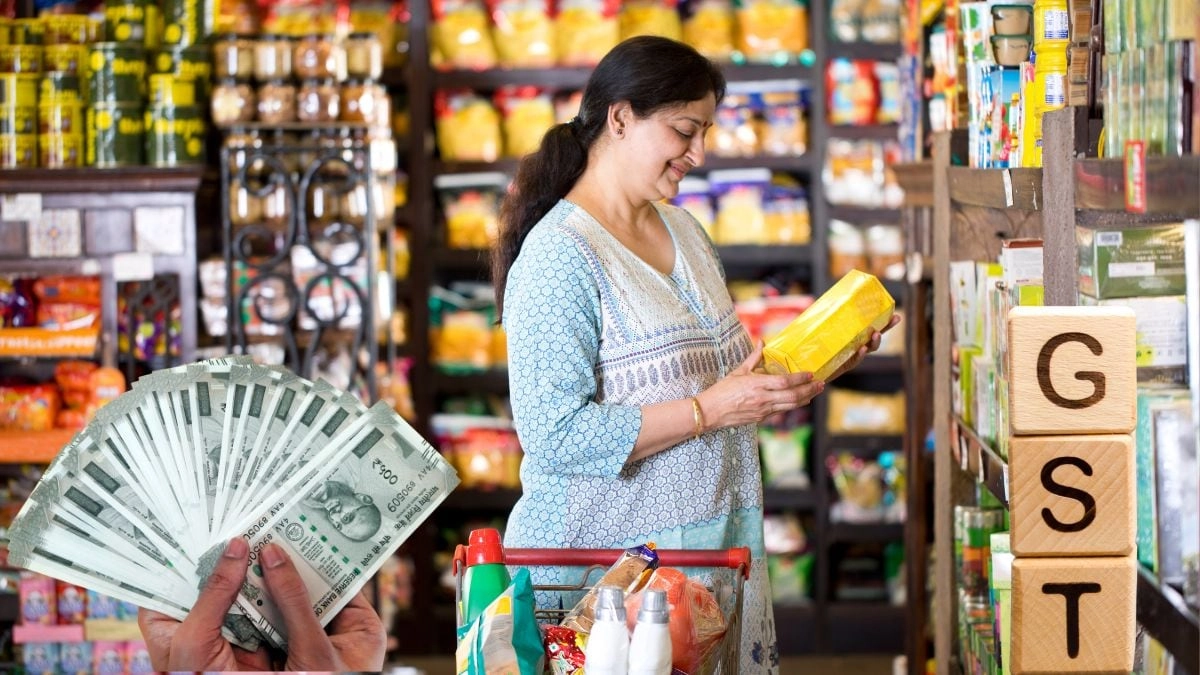In a recent development, the government has decided to increase the excise duty on fuel by Rs 2 per litre. This decision comes amid ongoing discussions surrounding the management of fuel pricing and its implications for the economy. While the excise duty hike may seem modest at first glance, it has raised concerns among consumers and industry stakeholders alike regarding the potential ripple effects on fuel prices in the near future.
Despite the increase in excise duty, the retail prices of fuel have remained unchanged for the time being. This decision to stabilize retail prices could be seen as an attempt by the government to alleviate the financial burden on consumers, especially in a time of economic uncertainty. Stabilizing fuel prices is crucial as they have a direct impact on the cost of living, affecting everything from transportation to the prices of goods and services. The government’s approach indicates a balancing act between generating revenue through increased excise duty and maintaining affordability for consumers.
However, the hike in excise duty may lead to questions about the sustainability of the current pricing strategy. Analysts suggest that the government may be using this increase as a means to bolster its revenue in light of fiscal challenges. As fuel prices are often a contentious issue, the government will need to navigate public sentiment carefully to avoid backlash from consumers who are already feeling the pinch from rising living costs. Overall, while the immediate impact on retail prices may be negligible, the long-term implications of this excise duty increase could reverberate throughout the economy, influencing everything from consumer spending to inflation rates.




